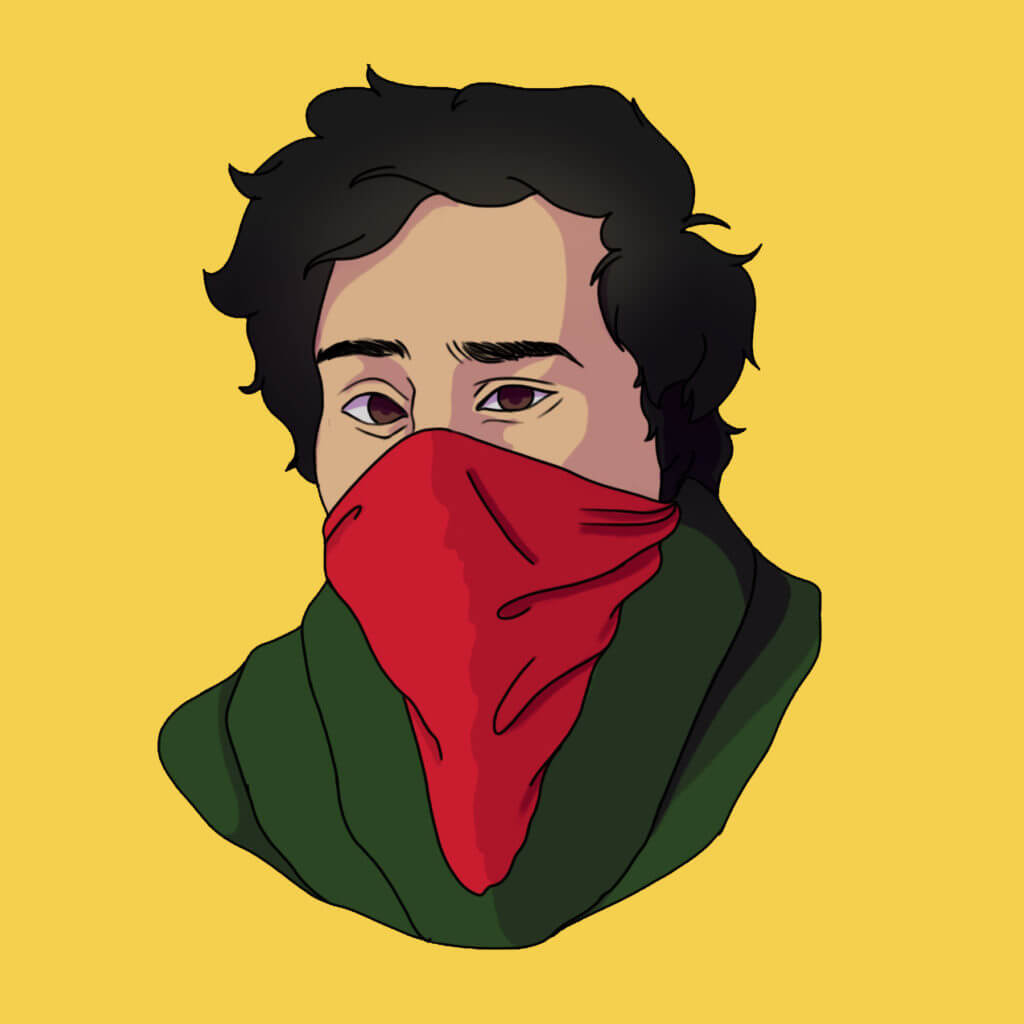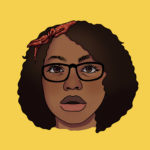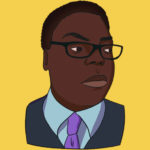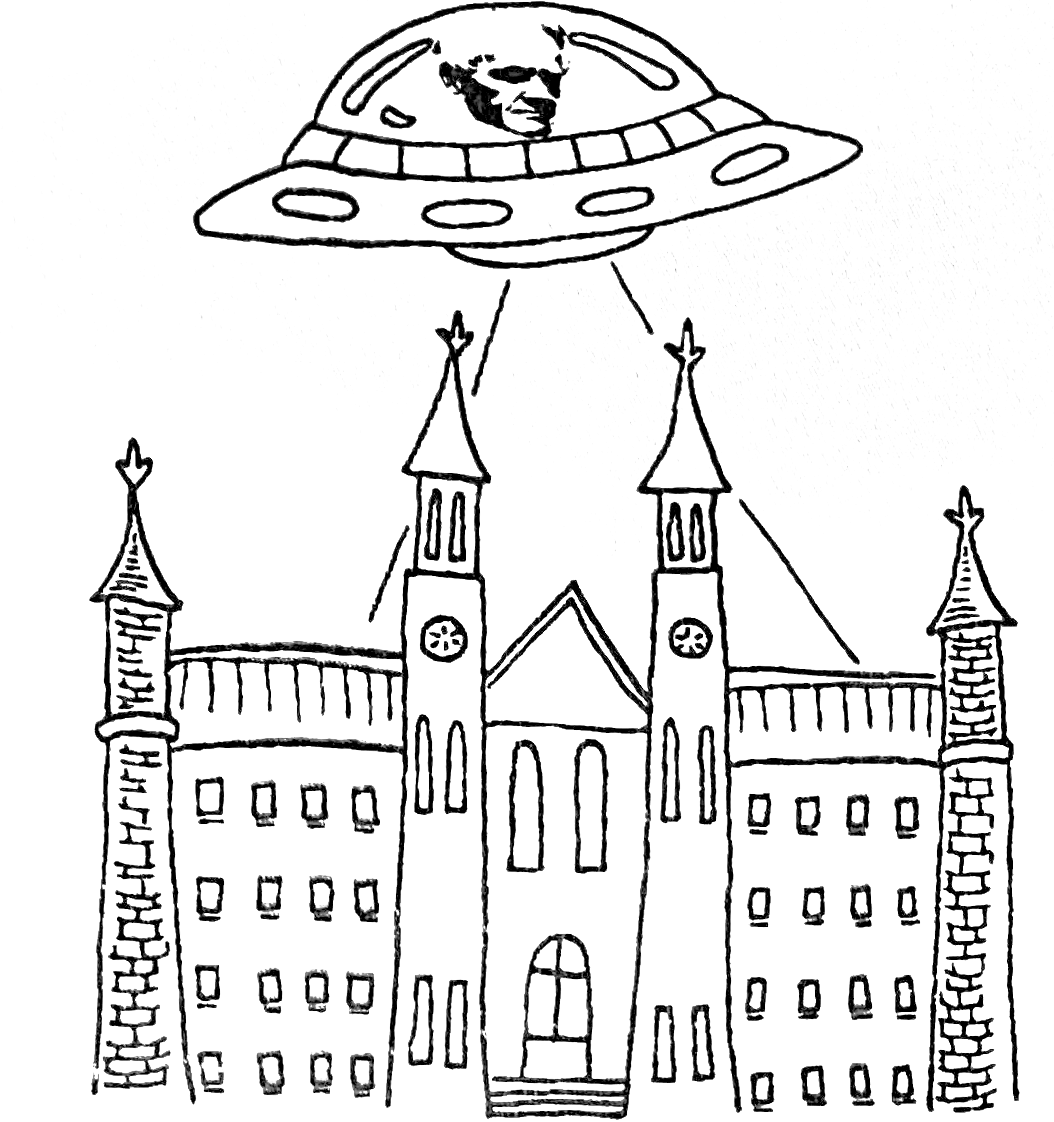Admission Blog
Part 2
Note: I wrote this in the middle of May as a regular journal entry, about not being able to visit Bob, but then I stopped. I realized I had more to say, but I wasn’t quite sure what. Nearly a month later, I’ve returned to it, and I’m publishing it as few entries.
When I applied to Antioch a decade later, I was thinking of that room.
Not that I believed it existed. Not anymore: I was 25 years old, and I’d learned something of how the literary world worked. First of all, I’d learned there was really no such thing as ‘the literary world’—not as I’d imagined it, anyway. The smoke-filled rooms, the boozy brawls between E.B. White and James Thurber over dieresis-use, the parties at Mary McCarthy’s apartment where so-and-so made a fool of himself by trying to schtup Diana Trilling while Lionel was in the room: These things didn’t exist anymore. If they did exist, they didn’t exist here. Not in Ohio, where I was, not in Florida, where I’d attended college before dropping out and working on various political campaigns.
Though was there, at Rollins, I’d been disillusioned in the most felicitous way: I met a bunch of famous writers. My freshman year, I took a course—Winter with the Writers, it was called—in which students’ writing was workshopped by various prominent writers who visited the school to give readings. Andre Dubus III read a short story I’d written—conceit: a college student named Ben feels alienated from his peers because he’s just too excellent for this drab world—and, somehow, still thought enough of me to invite me out for a drink after his reading.
Dubus was craggily handsome and effortlessly charismatic, and he knew it: You could just tell. He wore an exquisitely-tailored sport coat, skinny jeans, and snakeskin cowboy boots. He winked at the hostess as we walked into the bar. He winked at the bartender as she handed him his blended margarita which—and I remember this distinctly—he’d ordered with a Grand Marnier floater. He winked at me after asking me how I was enjoying the double Old Crow I’d ordered to avoid seeming like a callow nineteen year-old. (I wasn’t, and I’d avoided nothing.) He winked and he winked and, when he winked, he made the gesture look fluid and graceful and generally un-ridiculous. He made everyone else look ridiculous, in fact, for not winking. He was at home in his body, at home in these clothes, and at home in the world.
He was, in a word, normal. He was relentlessly, cheerfully normal—not at all what I expected from a writer. We spent about three hours together, and we didn’t once talk about books. We talked about baseball, the lousy jobs he’d worked in high school, the lousy jobs I’d worked in high school. We had fun. And that was it.
That’s how I learned writers aren’t different. That the Life of the Mind is just life, really—life with more books. That’s how learned I’d been longing for something that wasn’t real. The poetry courses I took with former U.S. Poet Laureate Billy Collins just reinforced this lesson: He didn’t seem like the country’s most popular poet. He seemed like a kind man who wore wide-wale corduroys from LL Bean, drove a station wagon, and owned a golden retriever—something the pale, butter-colored fur that covered his pants and his car would’ve made apparent even if he hadn’t told me.
Once, standing beside me as I had a smoke outside Rollins’ library, Billy looked at the pack peeking out from my breast pocket and said, “Marlboro Reds. Yep. I used to smoke those. Then I ran into Joan Didion at a party and I looked at her face, and I thought, ‘Is this the future I want?’” I looked at him blankly. He looked at me back. “Well,” he said. “Something to consider.” Then he walked away.
It was, and would remain, the most he ever said to me about the writing life.
…
Yet, when I applied to Antioch, it was for that room full of writers I’d imagined at sixteen years old. I knew, whatever The Antioch Review was like, it wasn’t like that—I had no illusions. That didn’t mean I didn’t want to work at The Review, though. The better part of writing is telling a lie in service of a greater truth. I learned this reading the journals of my youth. Metaphor and metonym and simile—all lies. And all truer than truth. The Room Full of Writers didn’t exist, but books’ promise and power did, and I was still inexorably drawn to them.
And I applied. I did so to work at The Review. There was no other reason. I had no idea what the Antioch looked like now that it had reopened, and I didn’t want to. I diligently ignored any admissions mailers I happened to receive. I had a plan, and my plan was The Review; and this is what I told my parents one night over dinner, shortly after I’d been accepted.
They were worried about my future. This was understandable: I’d just returned home from six months in the Balkans, where I’d worked and edifying-if-financially-calamitous job as Director of Public Relations for a small graduate school in Maribor, Slovenia that appeared to count Slavoj Žižek as its sole faculty member. I came home with pretty much nothing except a Turkish visa to commemorate a brief trip to Istanbul which I’d promised my mother I wouldn’t take and which, unfortunately, happened to coincide with an attempted Gülenist coup. They supported me, my parents. They always did. Still, after the summer I’d had, I suspect what I told them over dinner wasn’t quite what they wanted to hear.
“So, what do you want to study at Antioch, then?” my father asked me in a level voice, his perceptibly quivering hands doing something grizzly to an asparagus spear on his plate. “Literature? You’re saying you want to go there and study literature?”
“No,” I said. “Literature’s a racket.” I cut a scallop with dainty precision, raised it to my mouth, and held it there a minute, thinking. “Well, studying it is anyway. I mean in an undergraduate program, because then it’s just critical theory; and of course you don’t study critical theory if you ever like novels a little, so then I’d—yeah. No. I have no idea. What I want to study.” I ate the scallop. “I’m not concerned.”
It was at this point, my mother, who’d been working as the Director of Public Relations for a small family in Columbus, Ohio for the past three decades, got to work.“That’s not what he said, Howard,” she explained. “He said he’s going there because of The Review, so he can take classes with—what’s his name, honey?”
“Robert,” I said. “Robert Fogarty. Or Folger or something. But no, actually, that isn’t quite it. He doesn’t teach. I’m going to work at The Antioch Review.” This seemed to catch my father’s attention:
“They’ve offered you something?”
I brightly told my father Robert F. Folger had no idea who I was, nor did any of The Review’s other editors, and I had no idea how to change that. I told him I’d figure it out, though. Once I got there.
I then got up from the table, drove to Yellow Springs, and put down a deposit on a small saltbox house on Livermore Street, thereby bringing the balance of my bank account to $0.74. My plan was unfolding perfectly.

About Ben Z. ’20
Ben is a member of the class of 2020.
He’s studying literature.
He enjoys a good club sandwich, and once got a chicken elected to Comcil.
Storytelling
Choose Your Character
Safe, On Campus
Entering the final weeks of fall quarter, no Covid-19 cases on campus
Antioch College Admission
Discover



